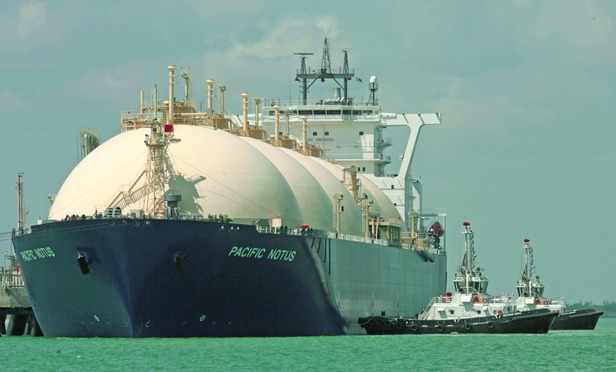A major obstacle to the hydraulic fracturing boom is low pricing driven by oversupply and dwindling storage options. The fracking boom has created an oversupply of domestic natural gas, and the market safety valve of exportation to areas of scarcer supply is not available in any manner that would ease the oversupply.
One solution touted by industry involves exporting natural gas in a liquid state (liquefied natural gas, or LNG), which occupies about 1/600th of the volume of natural gas. In this liquefied state, natural gas can be economically (and more safely) exported. This solution has its detractors, however, as some argue that LNG exports would drive domestic natural gas prices higher. Other groups caution that LNG exports would induce more domestic shale gas production from hydraulic fracturing and, with it, increased burdens upon natural resources.



